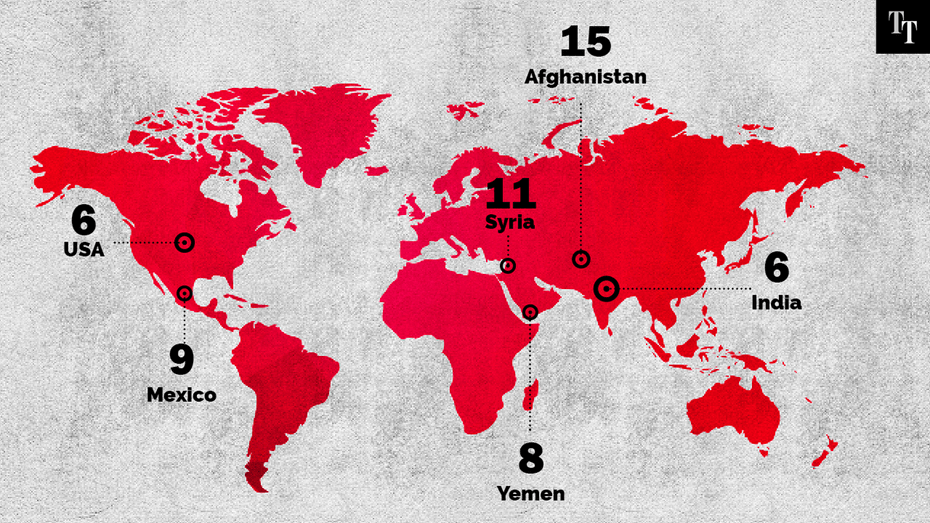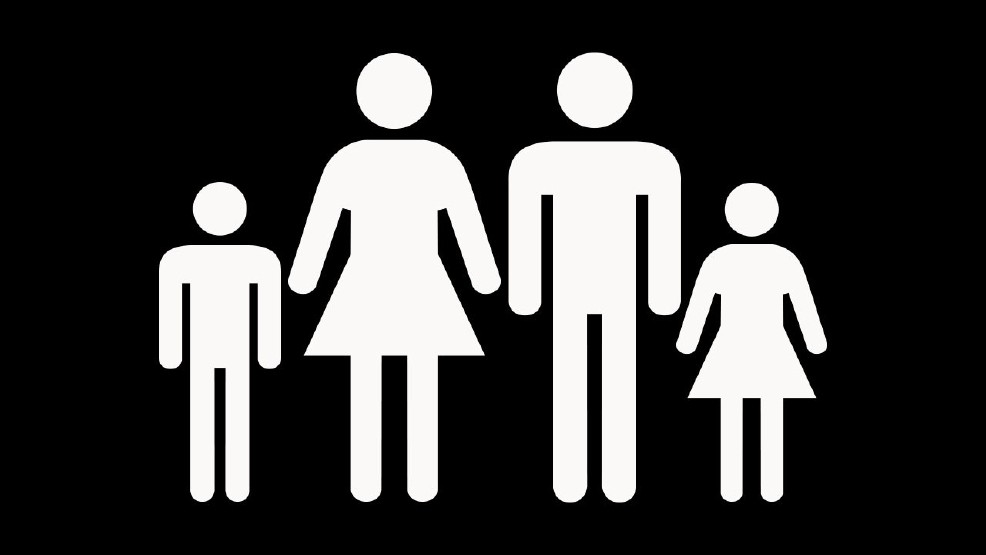Strongarming the media and bullying journalists has come to be our reality. Mainstream media houses today, present political rhetoric as fact and voices of dissent are tormented into silence. The response to Masrat Zahra’s journalism once again brings to light the fact that the truth might be evading us and might be lost in the everyday diatribe of social media and the propaganda presented by most media houses.
Photojournalist Masrat Zahra and The Hindu correspondent Peerzada Ashiq were called into questioning in Kashmir this Saturday for their work. While Ashiq was let go after questioning, Zahra has been charged under the Unlawful Activities Prevention Act (UAPA), for unspecified posts made on her social media handles, most of which are previously published, archival images.
If convicted under the Unlawful Activities Prevention Act, Zahra is looking at a seven-year jail term. The FIR filed against her read such – ‘Cyber police received information through reliable sources that one Facebook user namely Masrat Zahra is uploading anti-national posts with criminal intention to induce the youth and to promote offences against public tranquillity.‘
While Ashiq was let go after questioning, Zahra has been charged under the Unlawful Activities Prevention Act (UAPA), for unspecified posts made on her social media handles, most of which are previously published, archival images.
In her conversation with Huff Post, Zahra mentioned that she found out about the FIR against her and about being charged under the UAPA on Twitter.
Masrat Zahra is one of the thousands who have been detained, arrested, or punished for doing their jobs as journalists, for being the voice of those who go unheard, for championing the truth. Legislation like the Sedition Act, the Official Secrets Act, and Unlawful Activities Prevention Act leave room for great abuses. The Sedition Act has been misused greatly to quiet dissent; from 35 cases in 2016, cases under it rose to 70 in 2018, and both, the Law Commission of India and the Supreme Court have warned against its misuse.
Using anti-terrorism legislation like the Unlawful Activities Prevention Act to suppress journalistic freedom is far from democratic. We must ask ourselves, who do these laws protect? These laws allow governments and law enforcement to curb down on freedom of speech, these laws help to distort the truth and drown out our voices.
We talk a lot about progress since 2014, but all we have done since then is walk further away from the ideals of democracy and freedom that this country was built on. Silence, oppression and violence wasn’t our political culture, and we cannot allow it to be; this country was built on the principles of equality, justice, and freedom, and no party and no individual is above those ideals.
Justice doesn’t flourish in opacity and if drowning out the voices of dissent is our idea of a democracy, then we are failing. Democracies don’t hide from the truth.
The situation of press freedom is already precarious in India. The Press Freedom Index ranked India at an abysmal 140, below conflict-ridden countries like Afghanistan and Palestine and India has seen a 60-point drop since 2002. Reporters Sans Frontières 2020 index ranks India 2-points lower at 142 this year. The report also mentioned Jammu & Kashmir’s longest electronic curfew and said, “One of the most salient crises is geopolitical, caused by leaders of dictatorial, authoritarian or populist regimes making every effort to suppress information and impose their visions of a world without pluralism and independent journalism.“
Also read: A False Sense Of Comfort : SC Lifts Kashmir Communication Blockade
Further, with the mainstream media losing all its credibility, independent reporting is essential. Journalists like Masrat Zahra can bring stories to the fore that other mainstream media houses may overlook or distort for political favours or by the fear of prosecution. In 2018, Reporters Without Borders reported that India ranks 5th in countries world over in journalist deaths. We call the media the fourth pillar of democracies, but there has been consistent effort to demolish it.

Justice doesn’t flourish in opacity and if drowning out the voices of dissent is our idea of a democracy, then we are failing. Democracies don’t hide from the truth. Masrat Zahra and her reporting bring to us the voices of those we have long left unheard. Her work, her journalism contribute to our democracy.
Anti-national has become an easy way to paint anyone who criticizes the government, those in power, or right-wing politics, as being anti-India or anti-Indians. Nationalism is an archaic French idea – unfit for modern, accountable democracies – which has now been weaponised by the Right to silence dissent against their politics or against a government which we are supposed to hold accountable and demand answers from. Questioning the government on its policy decisions, on its shortcomings and voicing our ideas is not anti-national, if anything, that would be the sign of a thriving democracy.
Silencing the media is the first step towards fascism. Now more than ever we must remember, democracies work for us, we are the democracy. Of the people, by the people, for the people – the essence of democracies, but something that is far from the truth today. Our governments are accountable to us and our laws exist to protect us, not to give governments and law enforcement agencies free reign to silence dissent and criticism.
Also read: Unpacking The Siege: Has Normalcy In Kashmir Been Restored?
With the history of the tumultuous 20th century at our behest to learn from, it is time we disallow fascism and authoritarianism to clutch the world, and that cannot be without the press being truly free. It can only happen when journalists and dissenters aren’t prosecuted and killed in their quest of true reportage, if tyrannical laws protecting those in the top echelons don’t gnaw at their freedom to speak the truth. The roots of tyranny are allowed to take hold when dissent is banished. Democracies die in silence.
Featured Image Source: Facebook
About the author(s)





What does one expect from the world’s largest fascist hindu…I mean democratic state?
Another day, another human rights abuse against a minority, a journalist, an opposition member.